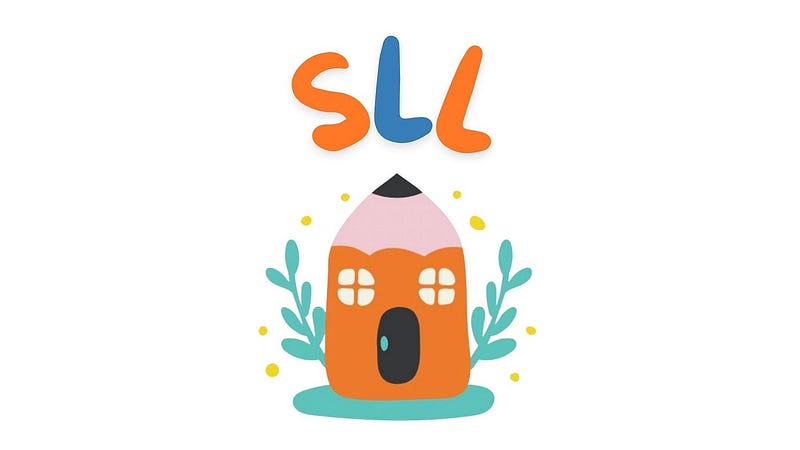Mastering Academic Reading: Strategies to Read Like a PhD
Written on
Chapter 1: Introduction to Effective Reading Strategies
Navigating academic papers can be daunting, especially if you're pursuing a degree in a scientific field. Whether it's for your thesis or personal curiosity, the volume of information can feel overwhelming at first. As a mentor in a Cognitive Neuroscience program, I've encountered many students struggling with this challenge. It's common—most have little to no experience with scientific literature.
If you find yourself in this position, don't fret. There's a systematic approach that can help you read papers efficiently and effectively.
The Structure of a Scientific Article
Understanding the layout of a scientific article is essential. Generally, the components are as follows:
- Abstract: A concise summary highlighting key information.
- Introduction: Provides context, outlines the research problem, and presents the study's objectives.
- Materials and Methods: Offers detailed technical information about the experimental design.
- Results: Presents findings accompanied by statistical analyses.
- Discussion: Interprets the results and discusses their implications.
The Common Misstep in Reading Papers
Many novices approach academic papers as if they are novels, reading from the abstract through to the discussion in a linear fashion. While this seems intuitive, it can quickly become overwhelming due to the density of the content. I remember feeling lost in the materials and methods section, which often led to frustration and ultimately abandoning the reading.
Fortunately, there's a more effective method to tackle these papers.
A Superior Approach to Reading Papers
- Start with the Abstract.
- Move to the Introduction.
- Read the Discussion and Conclusion.
- Review the Figures.
Notice how this method allows you to skim the materials and methods section initially. This strategy ensures you grasp the essential concepts without the mental fatigue that can accompany detailed statistical analyses. Afterward, if necessary, you can delve into the materials and methods for a deeper understanding.
While some might suggest skipping this section altogether, I believe it’s pivotal. The materials and methods provide insight into the scientific process itself, and many critiques of studies stem from flaws in this area. Over time, you'll become more adept at interpreting this content, which will enhance your critical thinking and inspire original research ideas.
Helpful Resources for Your Academic Journey
To further assist you, I invite you to subscribe to my free newsletter, The Super Learning Lab. Keep an eye out for an upcoming free learning eBook and email course!

Chapter 2: Recommended Video Resources
This video titled How to read and take notes like a PhD - easy, fast, and efficient offers valuable techniques for enhancing your academic reading skills.
In the video HOW TO READ LIKE A PHD?! // HOW I READ PAPERS AS A CORNELL PHD STUDENT // TIPS FOR READING PAPERS, you’ll find insights specifically tailored for those navigating academic papers at the graduate level.
Thank you for taking the time to read this guide!
See you soon,
Axel